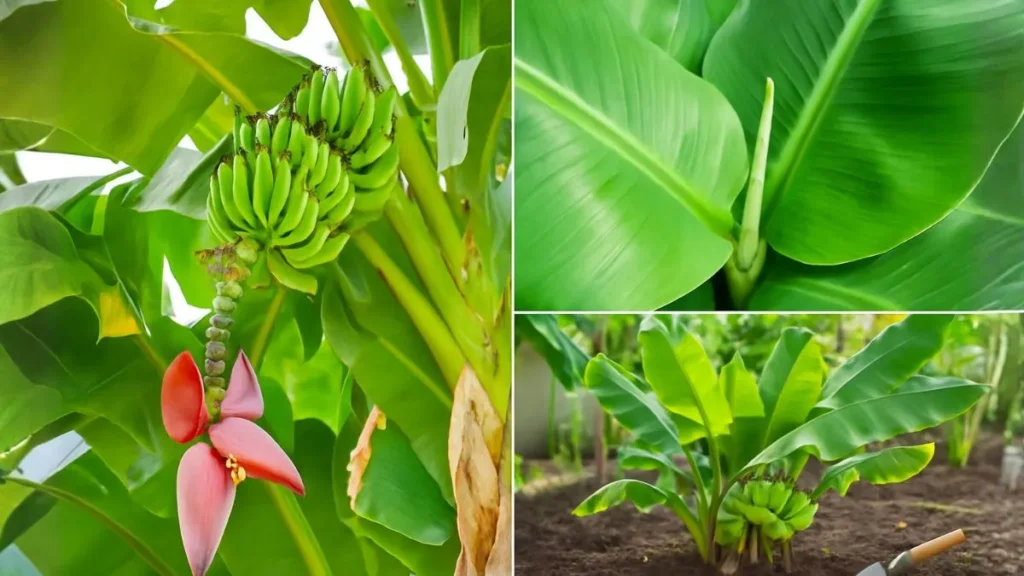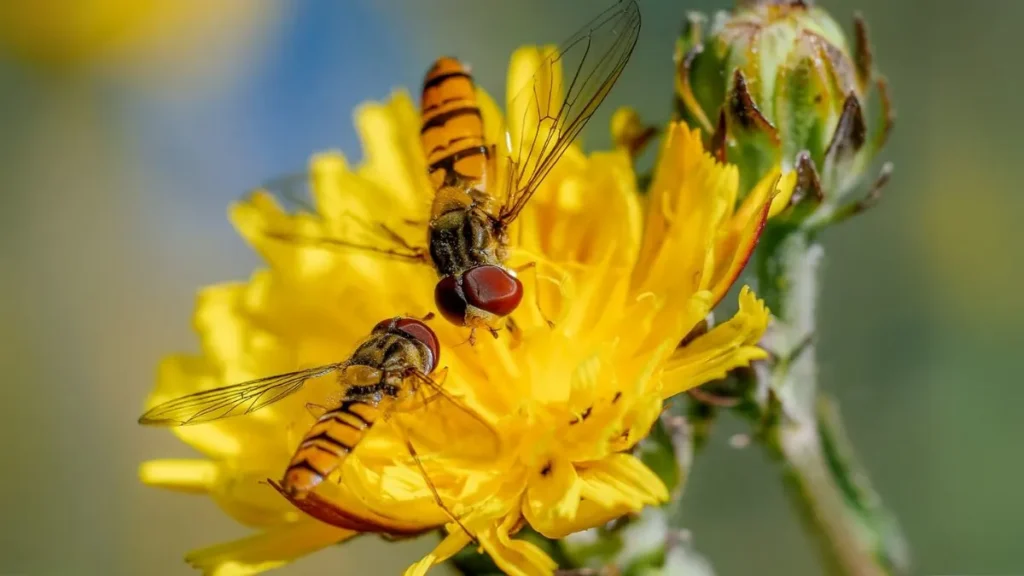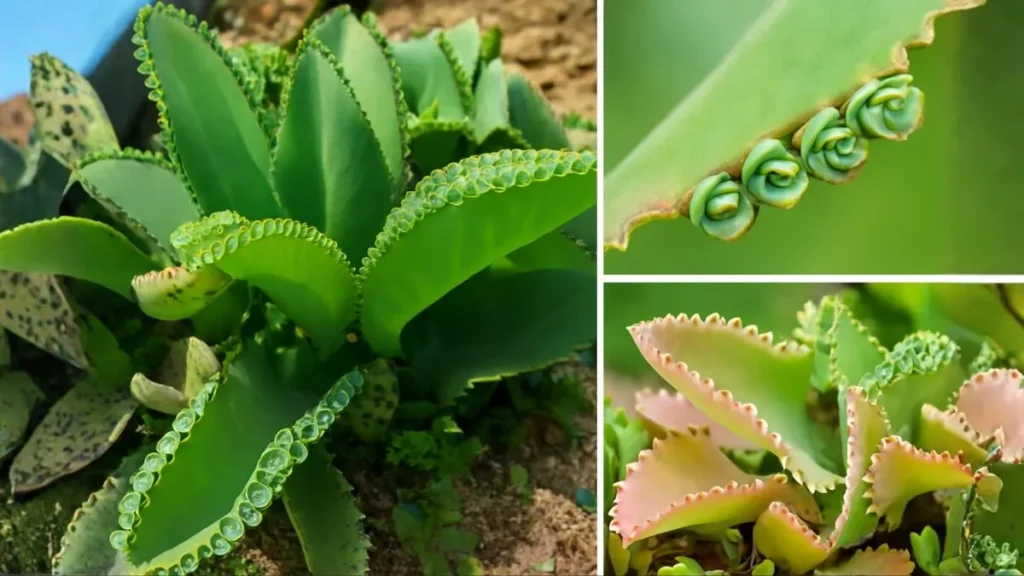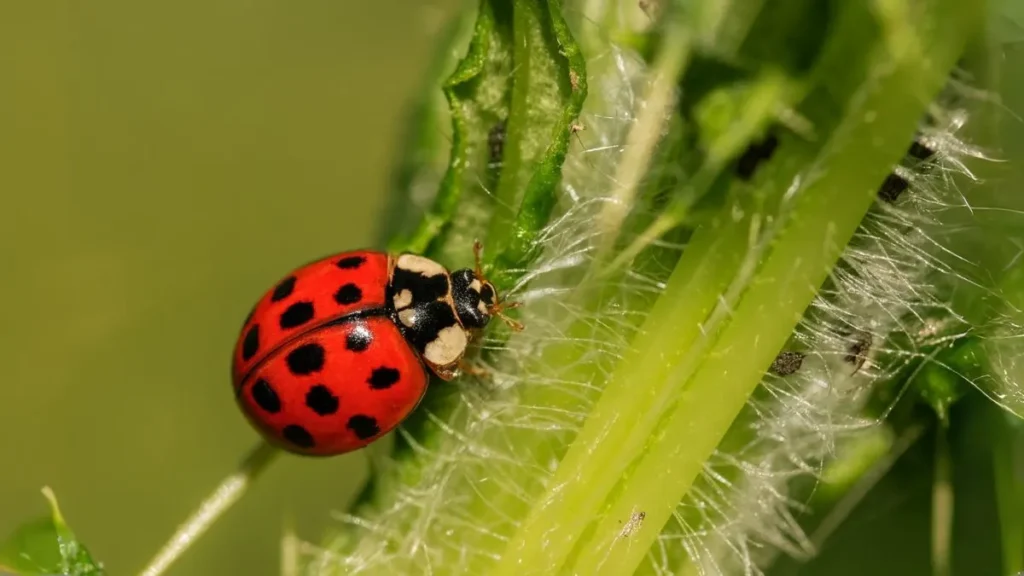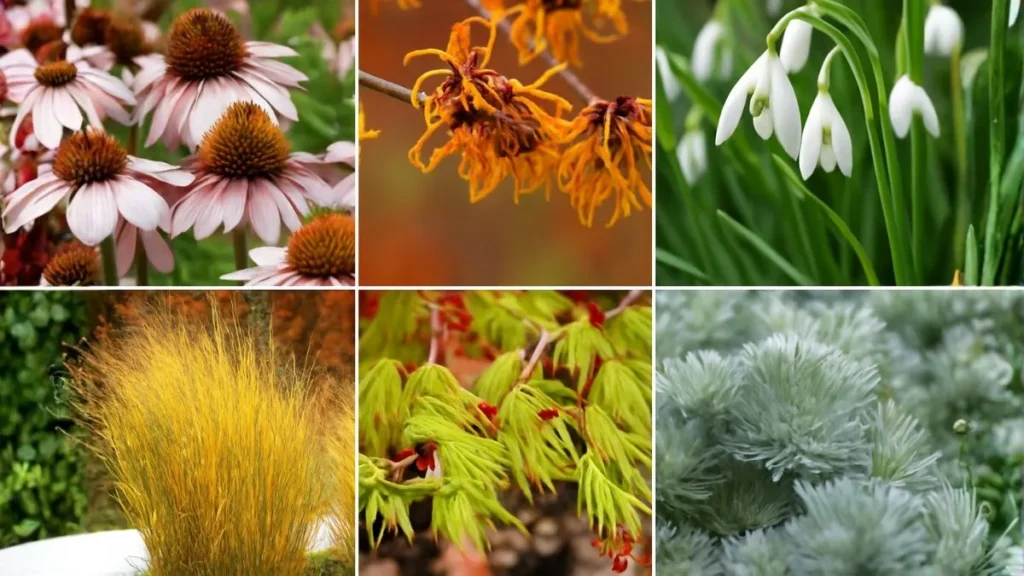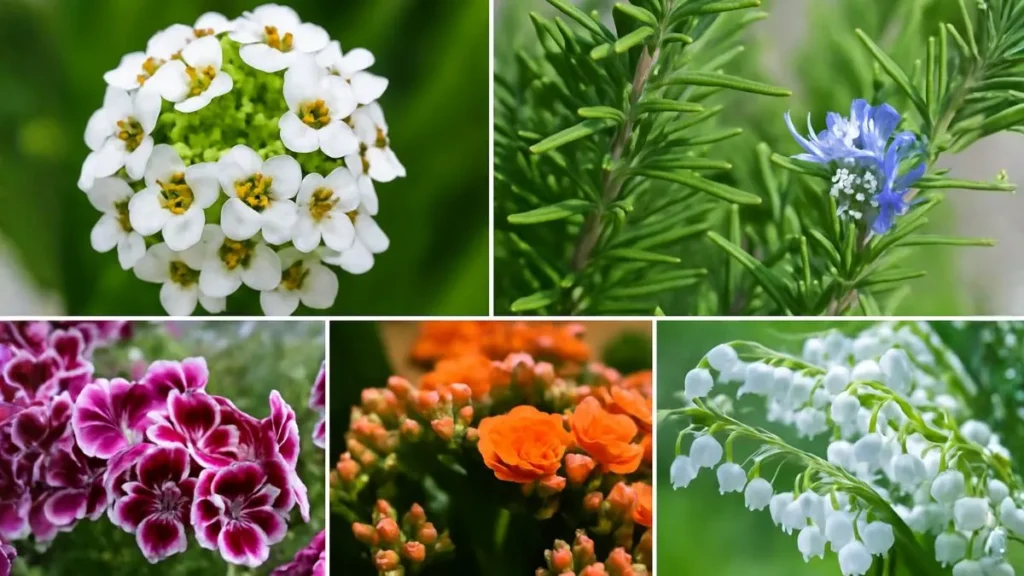If you’re looking to add a fiery splash of color to your garden, the Crocosmia plant—commonly called coppertips—might just be the answer. Known for its bright orange, red, and yellow flowers, Crocosmia embodies warmth, passion, and vitality in gardens. From my own gardening experience, these flowers never fail to attract pollinators while standing tall and proud in summer beds.
In this guide, we’ll explore the origins, planting tips, care tricks, and why these plants are considered a must-have for gardens across Canada, the U.S., and beyond.
What is Crocosmia?
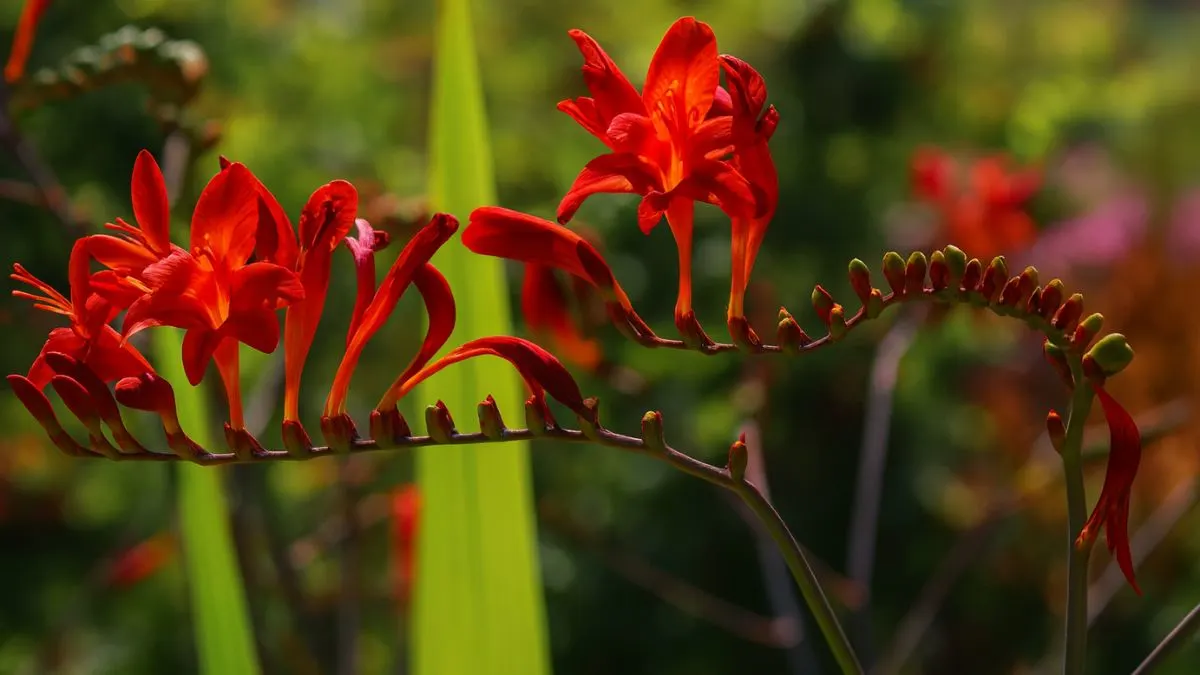
Crocosmia is a genus of herbaceous perennials in the iris family, native to South Africa. They thrive in climates that mimic their natural habitat, making them suitable for many temperate regions around the world.
- Crocosmias—also known as coppertips
- Coppertips comes to life as a clump-forming perennial
- Recognized for their arching stems and sword-like foliage
- Beloved for their multi-flowered perennials that come in a range of fiery colours
Planting Crocosmia the Right Way
When to Plant
Timing is everything when it comes to Crocosmia. Crocosmia corms should be planted in spring after all danger of frost is gone. Gardeners often note that these corms perform best when planted at the same time you’d put in dahlias or begonias. In short, they should be planted at the time when you plant dahlias or begonias.
How to Plant
- Select a sunny location with well-drained soil.
- Plant corms about 3 inches deep and 6–8 inches apart.
- Water lightly until new shoots appear.
Also Read: How to Care for Orchids and Keep Them Blooming Year-Round
Here’s a quick table to guide you:
Step |
Details |
Depth |
3 inches |
Spacing |
6–8 inches |
Best Time |
After frost danger (spring) |
Companions |
Dahlias, Begonias |
Growing Conditions
Crocosmia is relatively forgiving, but it has preferences that ensure healthy blooms:
- Crocosmia is a vibrant, low-maintenance perennial from South Africa, belonging to the iris family.
- Grows best in somewhat drier climates, avoiding waterlogged conditions.
- Prefers full sun, though it tolerates partial shade.
- Once established, it needs minimal attention other than occasional watering.
From my garden experience, I’ve found that when planted in well-drained beds, Crocosmias multiply easily, rewarding me with denser clumps year after year.
Why Gardeners Love Crocosmia
- Fiery Color Palette: Few plants can rival the burst of color Crocosmia brings. Crocosmias are multi-flowered perennials that come in a range of fiery colours, including shades of scarlet, orange, and golden yellow.
- Long-Lasting Blooms: Once established, they bloom consistently from mid to late summer, holding their color when many other perennials fade.
- Pollinator Friendly: Hummingbirds and bees adore Crocosmia, making it a fantastic choice for eco-conscious gardeners.
- Low-Maintenance: Unlike delicate ornamentals, coppertips comes to life as a clump-forming perennial that requires little beyond occasional dividing.
Also Read: How to Grow and Care for the Syngonium Pink Plant at Home
Crocosmia Care Tips
- Watering: Moderate watering works best. Overwatering can rot the corms.
- Fertilizer: A balanced fertilizer in spring supports strong flower production.
- Pruning: After flowering, cut back stems to keep the plant tidy.
- Winter Care: In colder regions, mulch heavily or lift corms for indoor storage.
I’ve personally overwintered Crocosmia in containers in my garage in Canada. They survived well, ready to bloom the following summer.
Crocosmia in Garden Design
Because of their fiery hues and sword-like leaves, Crocosmias add vertical drama to any garden bed. They pair beautifully with ornamental grasses, dahlias, and salvias. Their warmth, passion, and vitality in gardens make them perfect for borders or as a focal point in summer displays.
If you want a plant that combines bold color with ease of care, Crocosmia is a genus of herbaceous perennials in the iris family worth exploring. From their origin as a vibrant, low-maintenance perennial from South Africa, belonging to the iris family, to their role as coppertips that bring warmth, passion, and vitality in gardens, these plants deserve a place in your outdoor space.
Remember, Crocosmia corms should be planted in spring after all danger of frost is gone, ideally when you plant dahlias or begonias. With proper care, you’ll enjoy brilliant blooms that keep pollinators happy and your garden vibrant.
So, why not let Crocosmias—also known as coppertips—transform your garden into a fiery spectacle this year?
